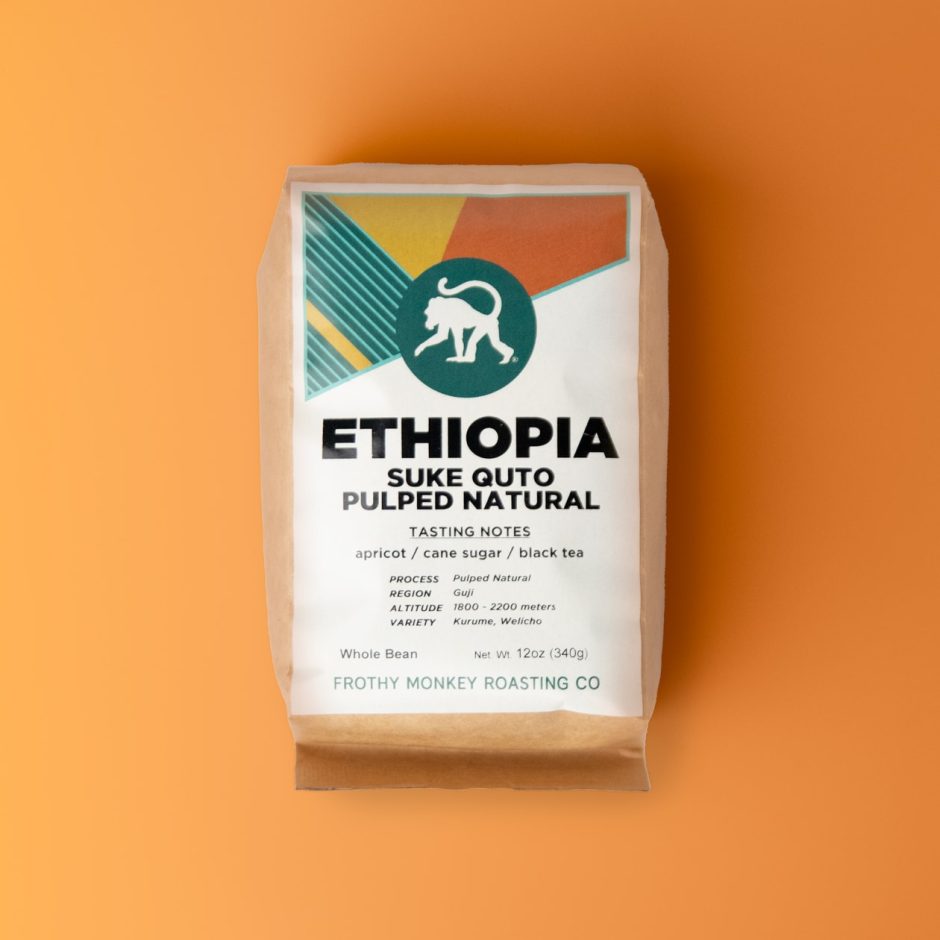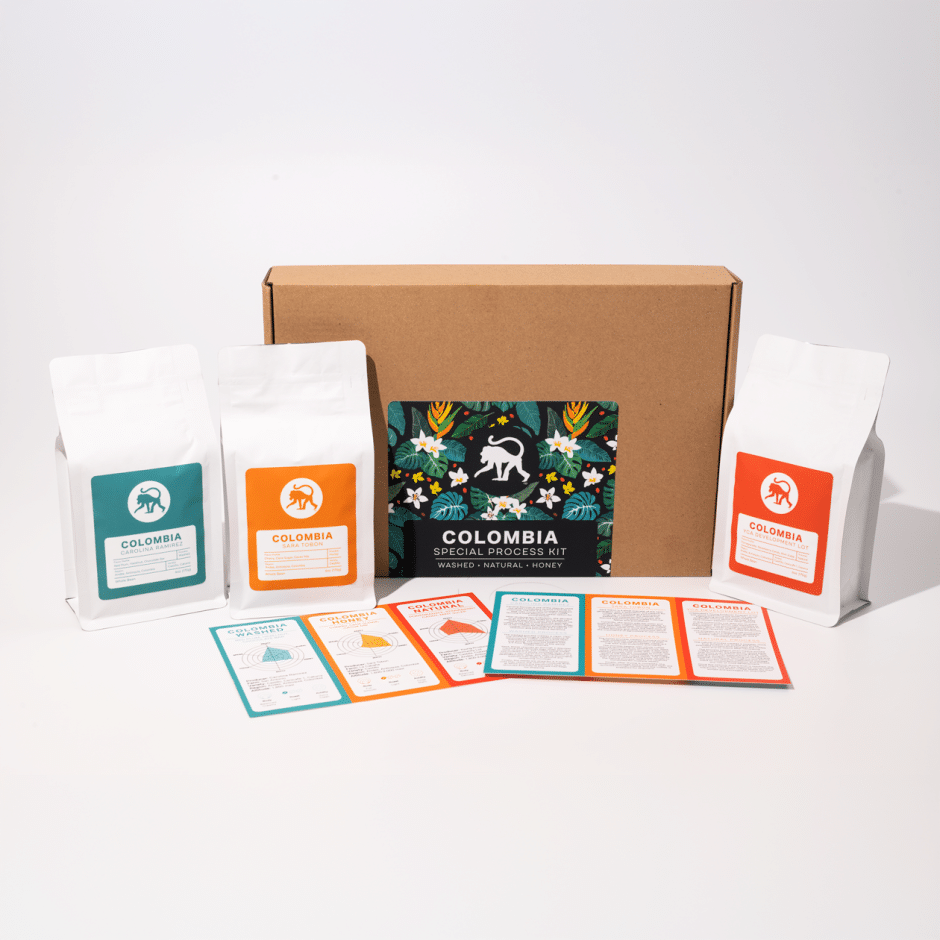Through the innovative farming and processing initiatives at his Suke Quto farm, Testfaye Bekele has been one of the folks largely responsible for putting Guji specialty coffee on the map.
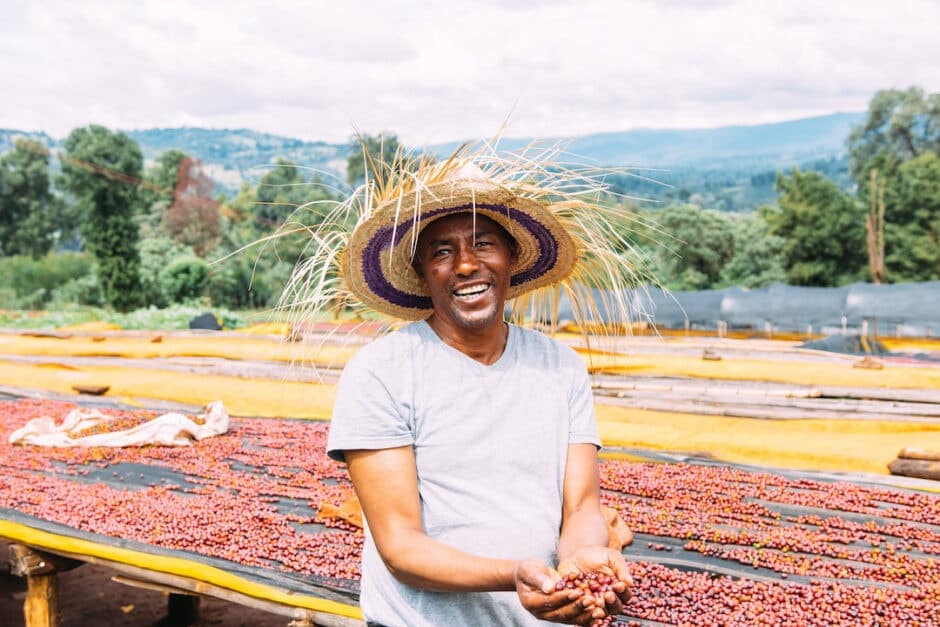
While the Guji zone was dominated by cattle farmers, he sought new ways to make coffee popular in Guji. “I don’t consider myself to be a coffee farmer, because coffee is everything to me. All my time and energy are placed into the beans that I harvest and process.” Tesfaye Bekele explains.
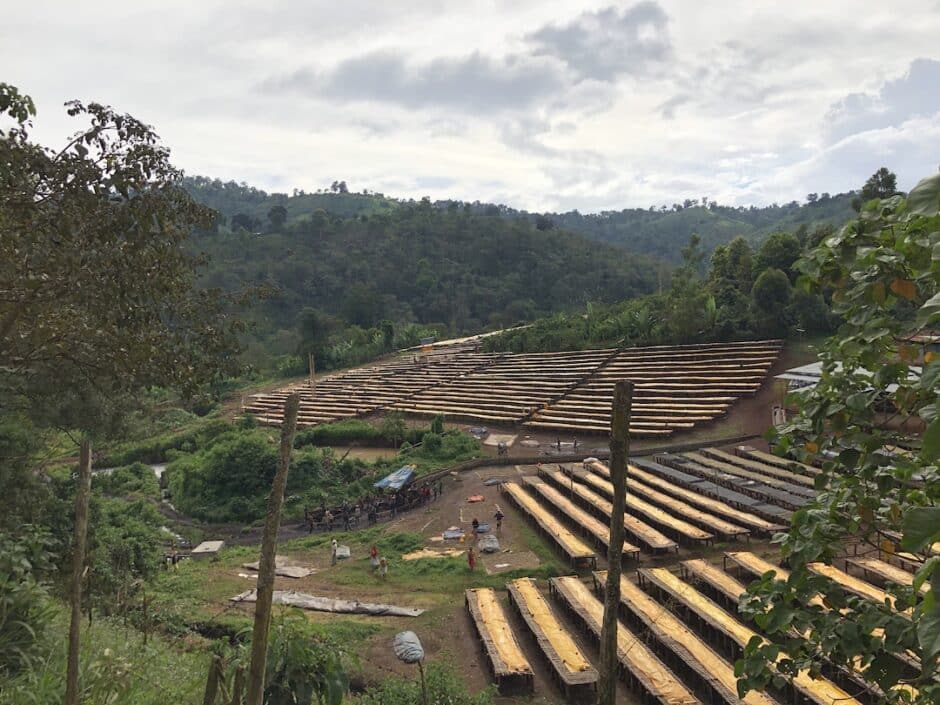
At the Suke Quto Washing Station, the washed coffees are pulped with an Agared machine. This is a pulper that has no mucilage remover. The coffee beans are fermented for about 35-48 hours (depending on the current weather) in fermentation tanks. There are three lagoons to store the wastewater. Suke’s natural coffees are dried between 9 and 15 days on elevated beds.
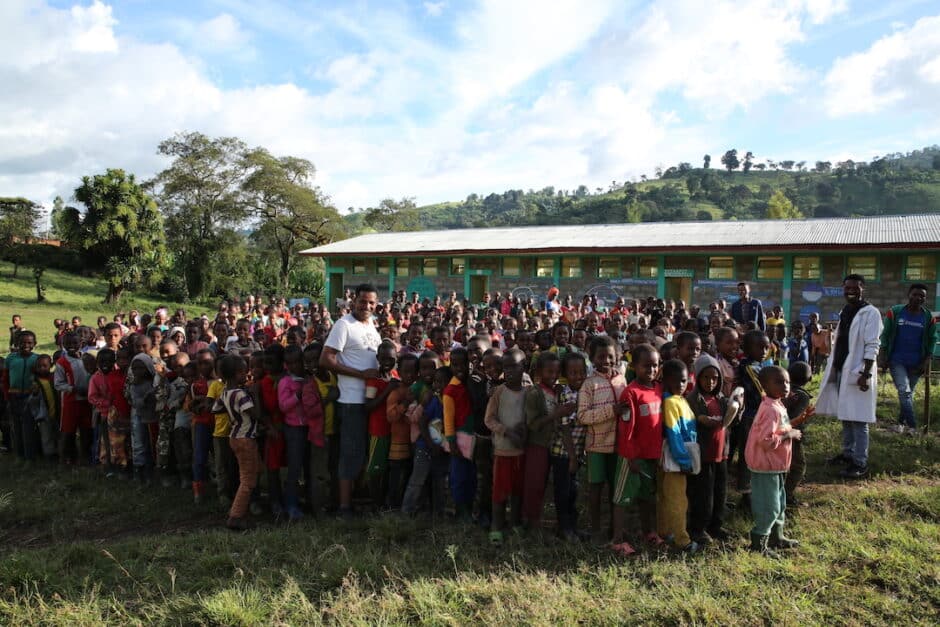
Tesfaye focuses on environmentally friendly coffee and on the economic growth of the community. In other words, people should get a living income from sustainable coffee production. Tesfaye also initiated a community project that aims to renew local schools. With a handful of dedicated coffee roasters, Tesfaye has built a new school building in the neighboring village Kurume.
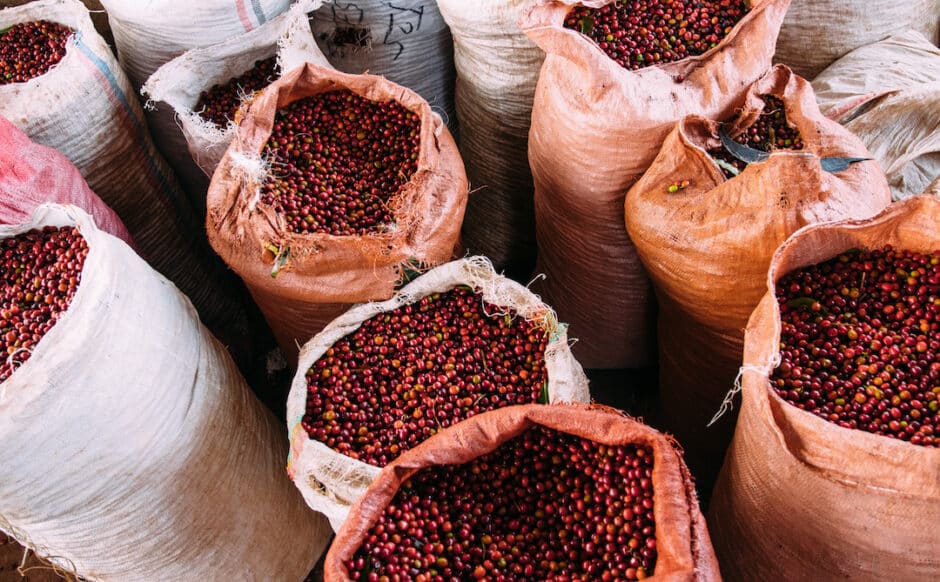
This pulped natural offering is another testament to Suke Quto’s wildly successful approach to the crop they love. Sort of a mix between traditional washed and natural processes, this coffee has all of the beloved attributes commonly found in both styles, while boasting the incredible regional notes from the Guji zone. Fruit-forward while still being mellow and richly sweet, we taste lots of apricot and stone fruit with a bit of melon, plus cane sugar and confectionary sweetness, followed by the satisfyingly smooth finish of black tea.
It’s a wonderfully balanced array of different attributes, and we’re thrilled to once again offer you this exceptional coffee from one of our favorite producers.

